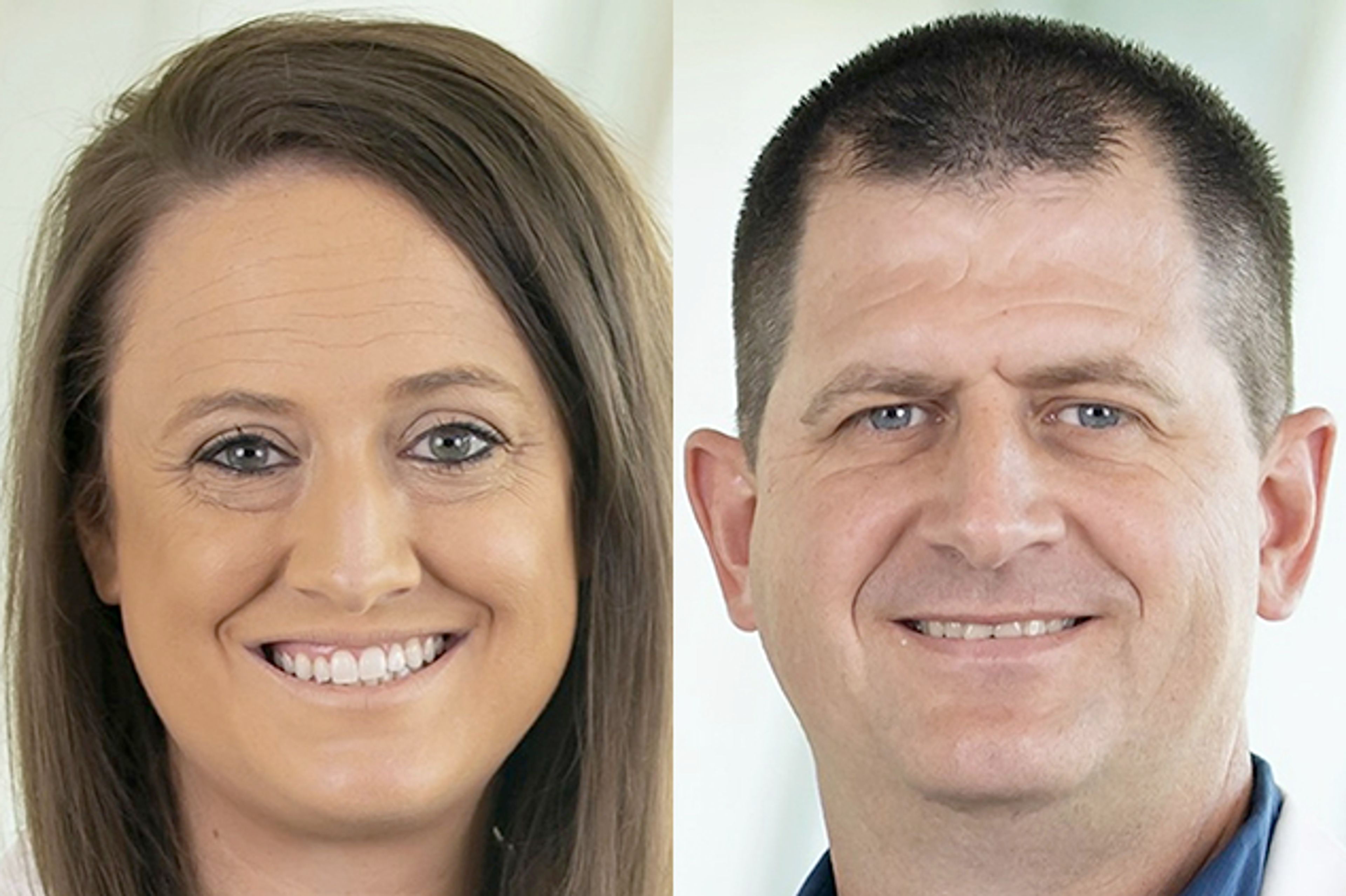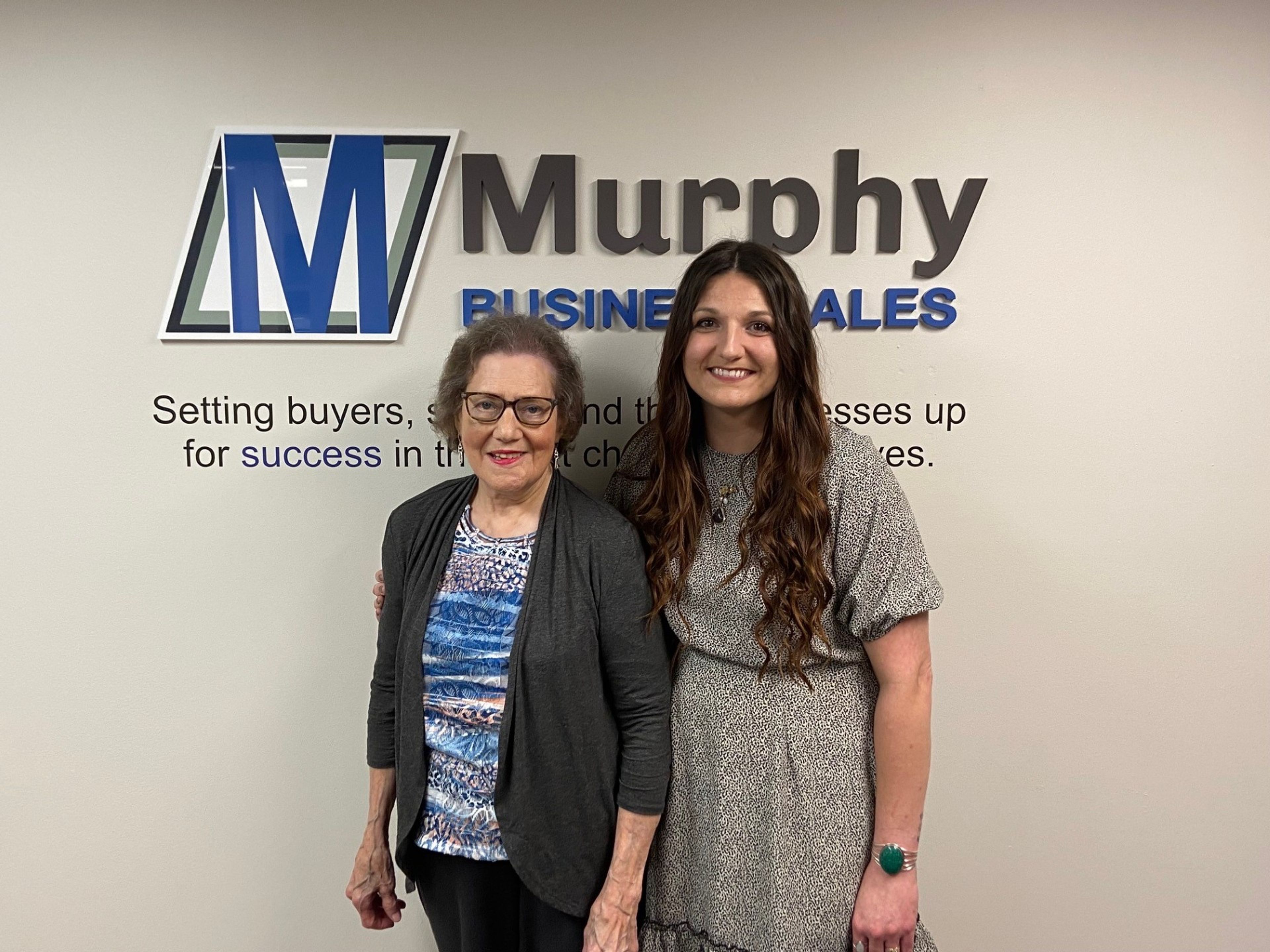Stay focused: Tips on hosting a productive focus group event
Businesses that want to test a strategy or gauge perceptions and opinions of a product or service may turn to focus groups to help provide answers and clarity. But exactly how and why are focused groups used? And what goes into hosting a productive focus group event?...
Businesses that want to test a strategy or gauge perceptions and opinions of a product or service may turn to focus groups to help provide answers and clarity. But exactly how and why are focused groups used? And what goes into hosting a productive focus group event?
Jonathan Wright, president of The Wright Group in Cape Girardeau, says his company has performed and participated in focus group interviews as a service to its clients.
"Some focus group interviews were used for real estate development and others for consumer products," he says.
Tim Arbeiter, vice president of the Cape Girardeau Area Chamber of Commerce, says the chamber also has used focus groups.
"The Cape Chamber board adopted a three-year strategic plan for organization, and during that process, we used focus groups to assist with the plan creation," he says.
BOLD Marketing of Cape Girardeau has extensive experience in facilitating and using focus groups to gather marketing data.
"At BOLD, we have moderated focus groups and conducted community perception studies all over the country for private, public and not-for-profit companies," says Dana Thomas, owner of BOLD Marketing. "The intent of each focus group or study is different -- ranging from new market potential, product testing, branding, competitive analysis measurement, master facilities planning and business investment/property sales."
Shauna Hoffman, director of marketing for SoutheastHEALTH, says focus groups can help businesses in many ways.
"Focus groups have helped us obtain detailed information about personal and group feelings, perceptions and opinions about the health-care services offered," she says. "They have saved (us) time and money compared to performing individual interviews. Focus groups provide a broader range of information regarding specific topics and provide the opportunity to seek clarification."
Many positive changes can come from information gathered through focus groups, Thomas says.
"We have witnessed community perceptions of a hospital change because staff implemented key findings from a focus group," Thomas says. "Partnerships forge and become stronger because voices were heard in a nonthreatening, unbiased environment; new businesses launch with the exact mix of services, products and features (that) their customers want out of the gate; and communities were made stronger because vacant property was developed to meet the needs of the residents."
Several things are involved in hosting a successful focus group.
"Determine the intent for the focus group," says Arbeiter. "The goal of our focus groups was to help decide the next set of big goals. Establish how many focus group sessions you would like to host and set those dates and times. Finally, establish the questions you want to have answered by the participants."
Other key elements are involved in hosting a successful focus group.
"Accurately define the target market," Wright says. "Host the event at a neutral location, one that will not influence the participants in any way."
Factors such as the size of the focus group and length of the session can affect the productivity of the event.
"Focus groups are typically small, and consist of up to 12 participants to keep the group manageable," Hoffman says. "Sessions can last from one hour up to three; the time varies and depends on how engaged participants are in the discussion."
Using a wide mix of participants can be beneficial when hosting a focus group event.
"Monitor your participation list to ensure you have a wide mix of demographics, as well as current, past and non-customers," says Thomas. "It is a great boost to the ego to fill a room with people who already patronize your business and recommend your services. It is more telling, however, to learn why a potential customer chooses not to patronize your business. This is where growth and positive change result. It is also important to provide ground rules at the start of the session so everyone is aware of time limits, to encourage open discussion with confidentiality and explain how their comments will be used going forward."
Many types of businesses can benefit from the information they gather from a focus group.
"Focus groups are advantageous to companies looking to get feedback about their brands from the very people who use their products and services on a day-to-day basis," says Hoffman. "In instances where a product is in the development stage, a focus group may be organized to include individuals who fit the target market profile for the product being created."
Focus groups can show you what your audience wants, among other things.
"If you offer a service or product to either the general public or business-to-business, you can benefit from a focus group," says Thomas. "Private, public, not-for-profit, global or mom and pop -- all organizations need to know what their audience wants from them and why others are choosing to go elsewhere."
Lastly, be prepared to listen to the feedback you receive from focus groups.
"If your business organization uses focus groups, be prepared for the feedback -- the good, bad and the ugly," says Arbeiter. "The feedback will assist you in making your entity the best it can be in the future."
Connect with the Southeast Missourian Newsroom:
For corrections to this story or other insights for the editor, click here. To submit a letter to the editor, click here. To learn about the Southeast Missourian’s AI Policy, click here.






